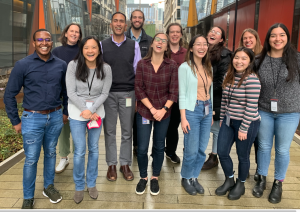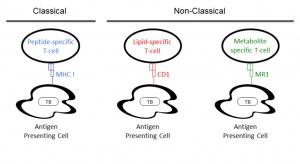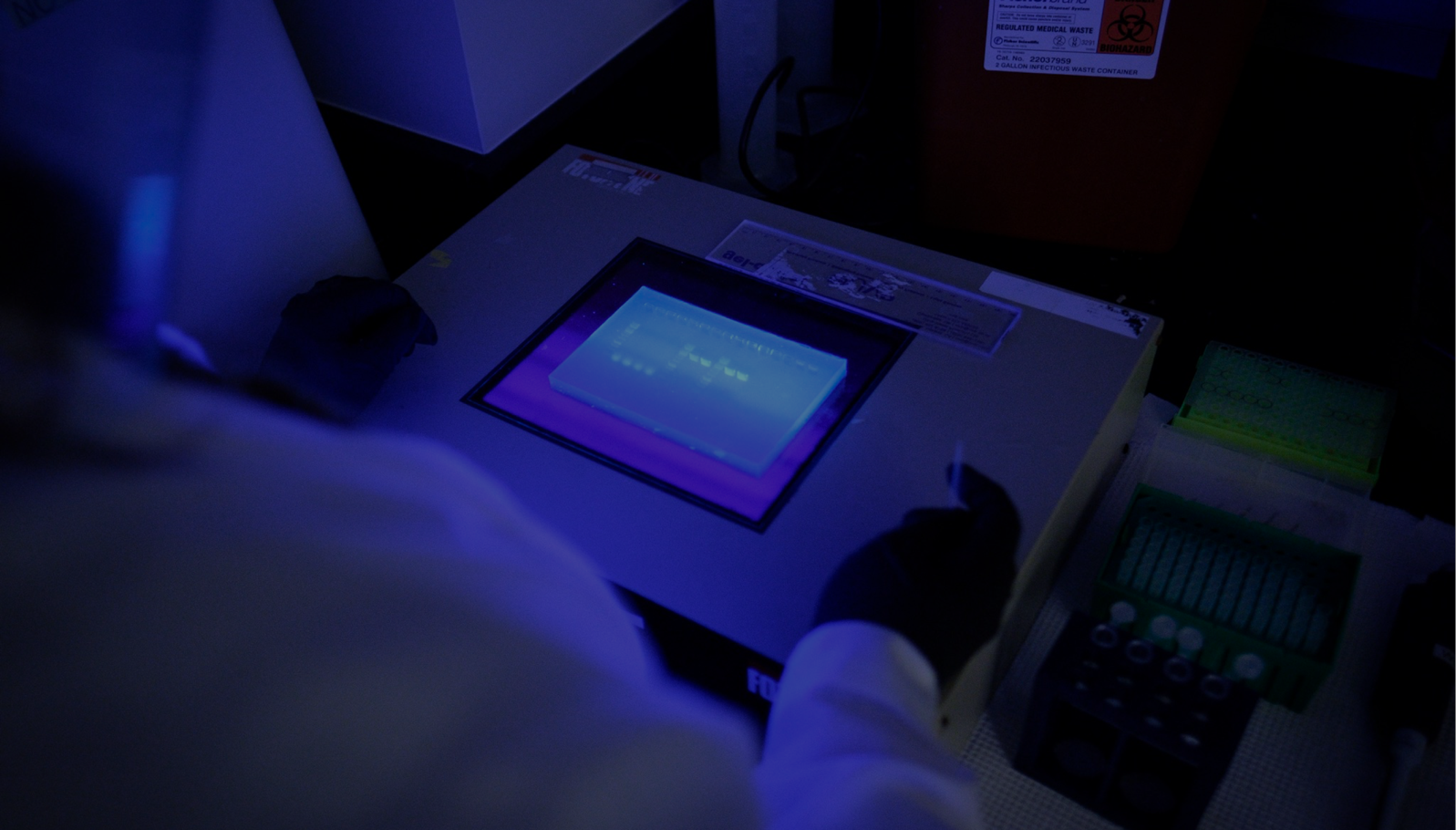Overview
 The Seshadri Lab is focused on studying the roIe of unconventional T cell populations in tuberculosis. The lab uses advanced techniques in human immunology and computational biology to characterize immune responses during infection and vaccination with mycobacteria.
The Seshadri Lab is focused on studying the roIe of unconventional T cell populations in tuberculosis. The lab uses advanced techniques in human immunology and computational biology to characterize immune responses during infection and vaccination with mycobacteria.
Their research focuses on the human immune response to Mycobacterium tuberculosis, the bacteria responsible for tuberculosis. By better understanding what factors are responsible for protective immunity, they hope to contribute to ongoing efforts to develop an effective vaccine.
Specifically, work in the Seshadri Lab addresses two questions. First, what is the role of T-cell responses to bacterial lipids and small molecules? Second, why do some people fail to convert their tuberculin skin tests despite frequent and close contact with tuberculosis patients?
T cells are components of the human immune system responsible for remembering past encounters with pathogens and are thus the natural focus for vaccine development. Though T cells “classically” respond to pathogen-derived protein antigens, they can also recognize and respond to “non-classical” antigens such as lipids and small molecules in the context of CD1 and MR1 molecules, respectively. Little is known about these non-classical T cell responses so the lab aims to characterize them in affected populations using cutting edge immunologic tools.
molecules, respectively. Little is known about these non-classical T cell responses so the lab aims to characterize them in affected populations using cutting edge immunologic tools.
Most vaccines in clinical use successfully mimic a state of natural immunity (e.g. hepatitis B or varicella vaccine), but we have yet to define such a state for M. tuberculosis. Thus, it has been difficult to design new vaccines. Household contacts of tuberculosis patients who fail to convert their tuberculin skin tests may represent a state of natural immunity to M. tuberculosis. We aim to study immune cells from these individuals in the lab using a combination of systems biology and traditional bench science.
Principal investigator
Diseases we study



